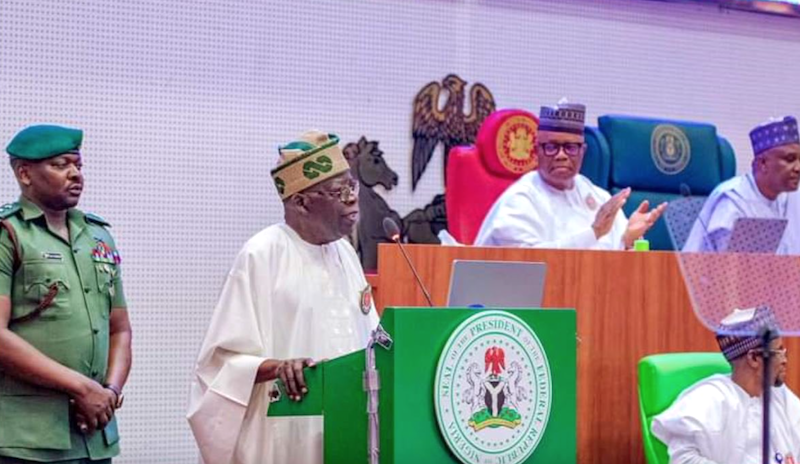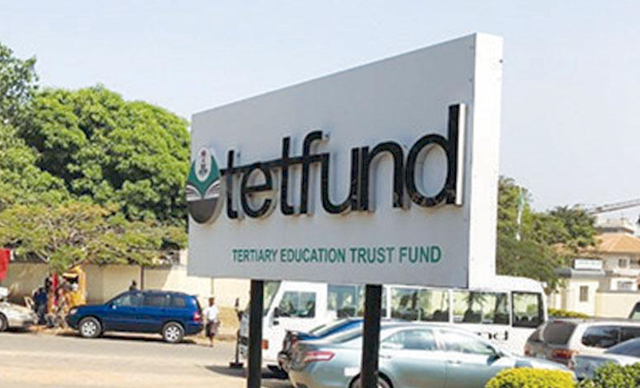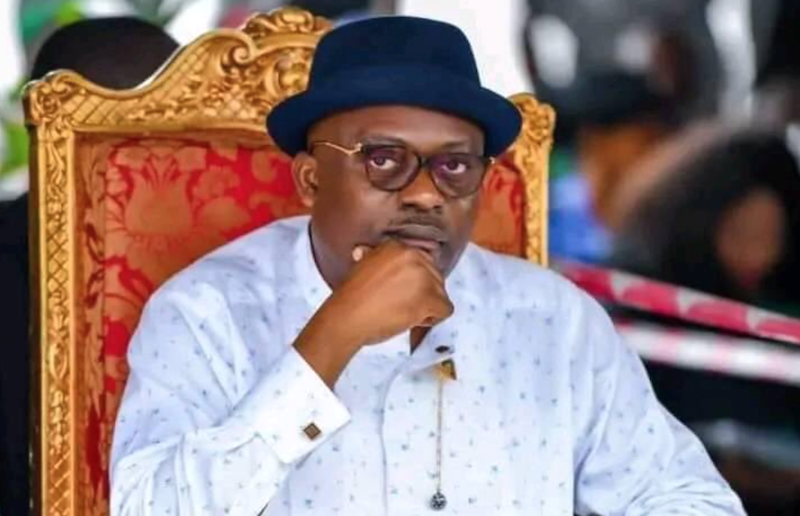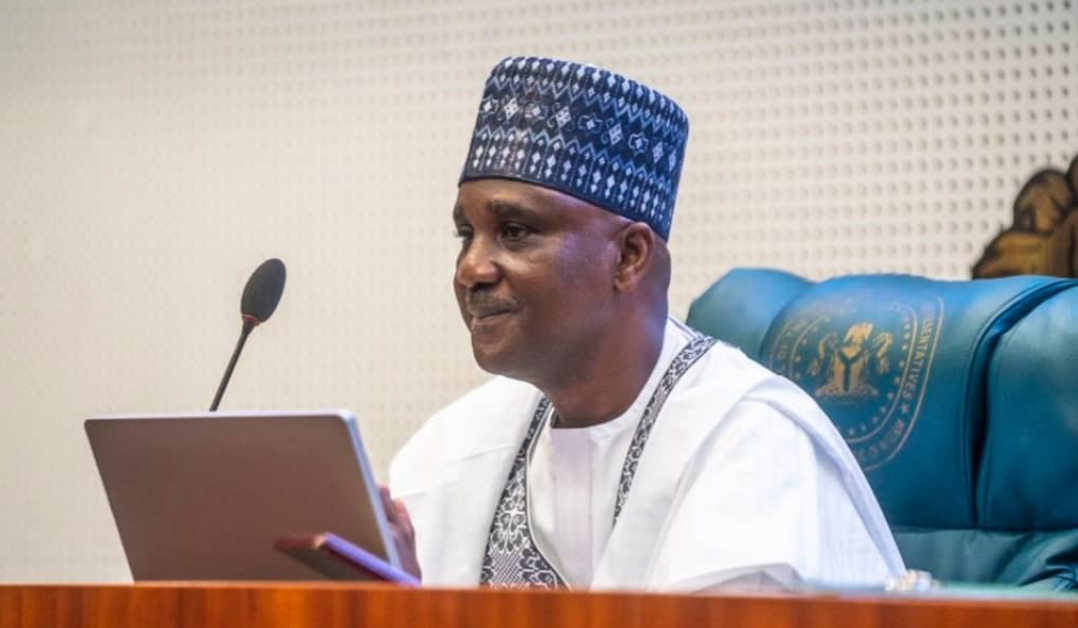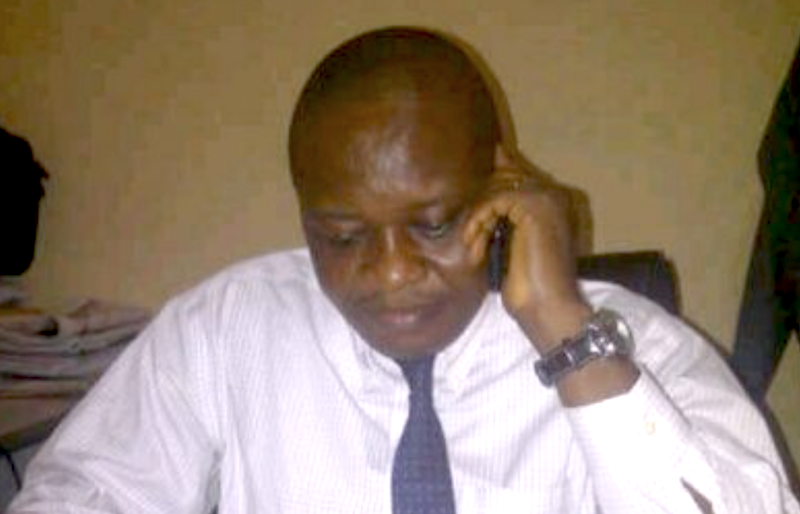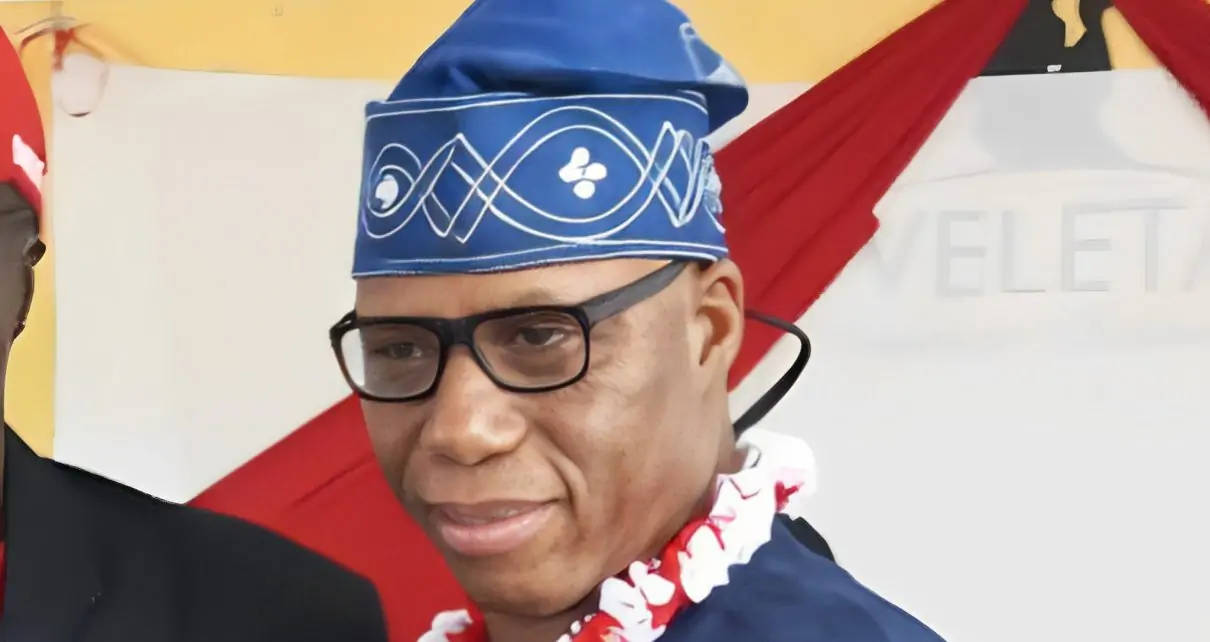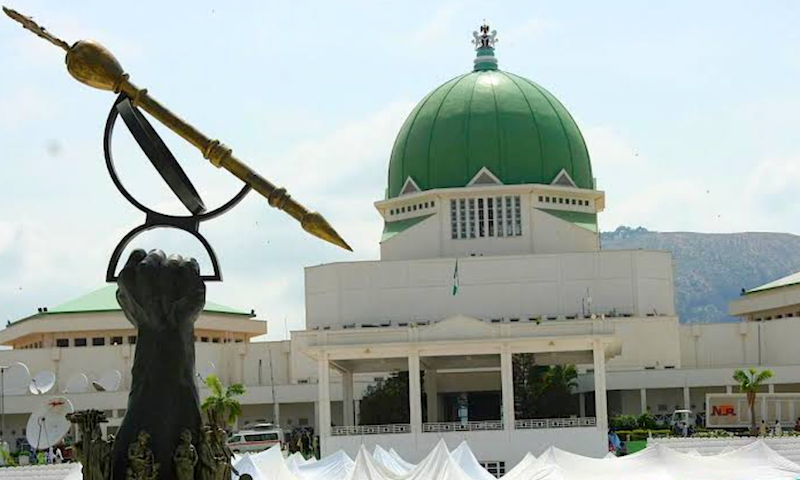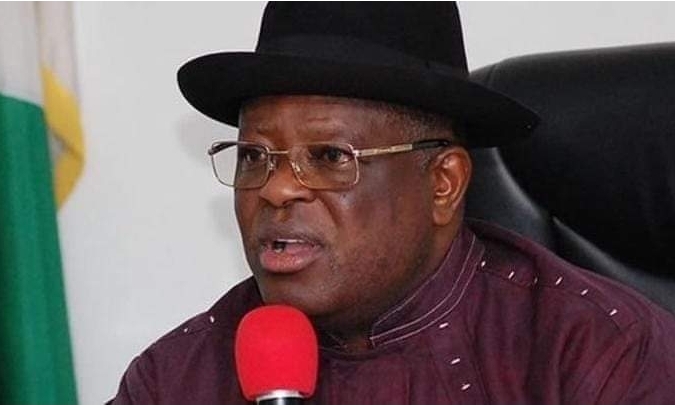Under the 2025 budget estimate of N47.90 trillion, the federal government has set aside the sum of N4.26 trillion as statutory transfers to newly established development commissions for various regions in the country. It all started with late President Umaru Yar’Adua’s initiative to restore stability to the restive Niger Delta and rev up the crude oil export that had dropped very drastically due the campaign of militants. He initiated the amnesty programme that got the militants to sign up to laying down their arms. The impact on crude oil export was profound and immediate.
The amnesty programme was decisive in assuaging the discontent in the Niger Delta and made the Niger Delta Development Commission (NDDC) earlier established in 2000 by then President Olusegun Obasanjo more impactful.
However, what started as then President Muhammadu Buhari’s obsession to replicate the Niger Delta road map as his recipe for resolving the islamist onslaught in the North-East by Boko Haram has been, unfortunately, adopted as the pathway to developing the country. From being a vehicle for the rehabilitation of the North-East region on account of the insurgency, and for the long-term development of the region, the North-East Development Commission (NEDC) Buhari established in 2017 has now become a model that was replicated in other regions. President Bola Tinubu was taken it a notch higher with the birth of the North-West Development Commission, South-West Development Commission and South-East Development Commission.
Prof. Abdelrasaq Na-Allah, a lecturer at University of Abuja, sees the proliferation of regional development agencies as a platform to facilitate targeted development in areas of special needs and advantages that are localised to a region. He said it can also help facilitate the development of regional infrastructures such as road, rail, power, that connect constituent states and serve regional needs. His view is shared by Prof. Yusuf Zoaka, former Dean of, the Faculty of Social Sciences and International Relations, also of University of Abuja. According to him, the geo-political zonal Commissions could promote regional development by having development tailored to each zone, and regional issues such as infrastructure, education, and healthcare can be addressed more effectively. This, he added, fosters a sense of inclusion and regional equity.
The first in the galaxy of development commissions, the NDDC, can hardly tick the boxes enumerated by Na-Allah and Zoaka. Despite receiving tremendous amount of resources from statutory allocations and contributions from international oil companies as stipulated in its enabling Act, the NDDC is renowned more as a sterling example of missed opportunities, corruption and visionless agenda. The entire Niger Delta states are dotted with hundreds of abandoned projects for which payments have been fully or substantially made. Every chief executive goes through the same trajectory of waste and fraudulent award of contracts with no mechanism for ensuring that projects are executed or for holding contractors accountable for funds paid to them.
Just like the state of the commission from which its establishment was copied, the NEDC was not designed to succeed. As a federal agency, it is riddled with all the encumbrances that made NDDC which was preceded by Oil Mineral Producing Areas Development Commission (OMPADEC), established by General Ibrahim Babangida in 1992 a failed agency. A recent World Bank study revealed “a major gap in terms of the availability of necessary quality systems and processes that would enable the NEDC achieve its statutory mandate.” The review said NEDC was not “a strong and functioning body” and faced many “areas of capacity shortfall” that “are currently bearing on it”, as well as “weak bottom-up accountability and transparency.” In effect, NEDC is institutionally weak, strategically ineffectual and incapable of actualising the objectives for which it was set up.
Proponents of the view that regional development commissions can be similar to the regional governments on which the accelerated development of the Nigeria in the first republic was anchored miss the basic ingredients of regional governments. While the regions had considerable control of their resources and could determine the projects they embarked upon, today’s development commissions are under the control and supervision of a distant federal government. Using NDDC as example, appointments are made by the occupant of Aso Rock to whom the board and management owe their gratitude and loyalty. The tragedy of the NDDC recipe is that its management has no relationship with the state governments in the region. The states are not consulted in determining and deciding what the people in the oil producing communities truly desire. If the management embarks on projects that do not meet the priority needs of the communities or are routinely abandoned by contractors, as is often the case, neither the communities nor the state government can intervene or seek remediation. And the President is too distant and detached to appreciate the state of affairs.
Contrary to the proponents of development commissions as platforms for regional development, they represent a fresh assault on the quest for devolution of powers from a centre with overwhelming powers than it knows how to wield. The proliferation of regional development commissions for each geopolitical zone fosters dependency and entrenches political influence under the guise of regional empowerment. It is a glaring symbol of misplaced priorities and unchecked patronage. As Business Day newspaper noted in an editorial on the issue, far from delivering genuine regional development, these commissions serve as conduits for political favours, feeding a bureaucratic machine that erodes accountability while doing little to address the core developmental needs of the regions they claim to uplift.
Ultimately, the N4.26 trillion budgeted for the commissions in 2025 will be wasted.
What nigeria needs as she searches for the path to true regional development is local autonomy and the devolution of power—foundations that the commissions patently and conspicuously lack.
Postscript
Wale Adeniyi @59
He is the poster boy on how a federal agency with the task of collecting revenue for the federation should be run. President Bola Tinubu and lawmakers in both arms of the National Assembly have not held back in profusely celebrating his accomplishments as Comptroller-General of the Nigeria Customs Service after just a year in office. Before he took the Service to record collection of revenues that crossed the N6.1 trillion mark for 2024, he had been celebrated for the seizure of $8,065,612 million cash at Murtala Mohammed International Airport, Lagos in January 2020 where he was Controller well ahead of his appointment as Comptroller-General.
What may be lost on Nigerians is Mr. Adeniyi’s media background. He is the longest serving national spokesman of the Customs having held the post for 10 years. He is the vice president of the Governing Council of Nigerian Institute of Public Relations (FNIPR). He holds a Master of Arts Degree in Communication Science he obtained in November 2013 from the Universitaire Svizzera D’Italiana (USI) – Lugano—Switzerland.
Being a longstanding media manager afforded him the opportunity to traverse the entire Customs processes both within Nigeria and beyond. That, to a large extent, prepared him for the job. Is there a nexus between professional media management and good public administration? Wale Adeniyi is a fine gentleman by all definitions. At 59, he is very close to meeting the 60 years threshold for retirement from public service. And that is the downside of his story. Will just two years be adequate for his strategy of minimizing the human element in the collection of taxes and optimising Information and Communication Technology (ICT) be consolidated? That is up to President Tinubu.
Meanwhile, happy birthday, Mr. Adeniyi.

